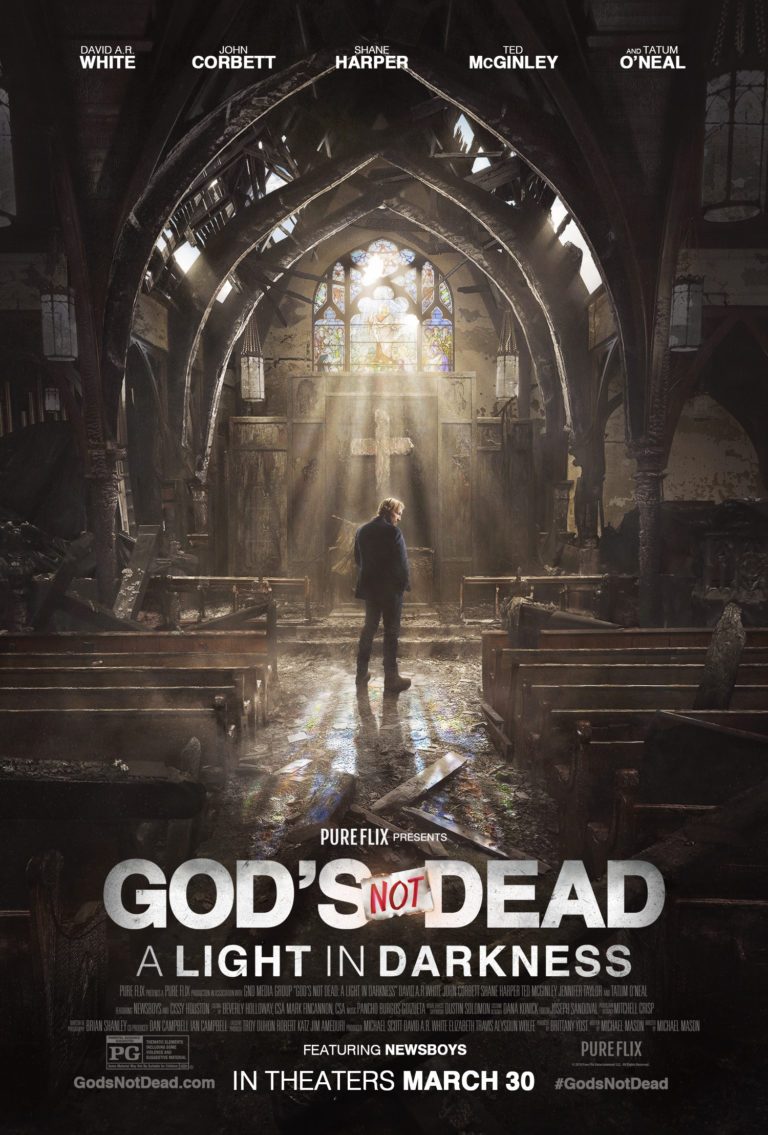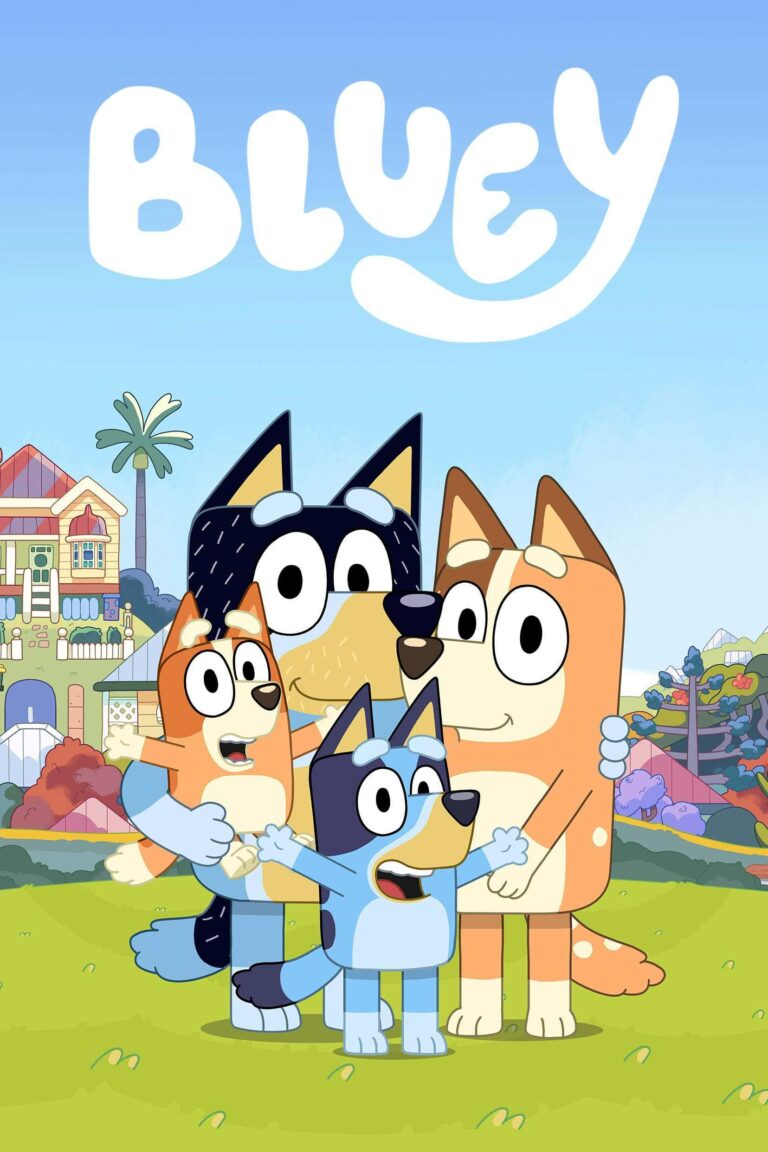Editor’s Note: MOVIEGUIDE® sent one of our writers, Ben Kayser, to interview Bart Layton, director of THE IMPOSTER, an intriguing new documentary about a young man who claims to be a missing teenage American boy.
Ben: One thing that really stuck out to me was that the subject of self-deception seemed so prevalent in your movie. In what ways do you think audiences can relate to that issue.
Bart: I think that there is definitely a sense in which the film is not only about how could someone get away with this these unbelievable lies in deception, but how could anybody believe these unbelievable lies and deception. So kind of what are people prepared to believe if it suits their purpose and why would they be prepared to believe it. It’s certainly, massive themes for the film. It’s great that that’s where you’re starting from. This is a fairly extraordinary story, but I don’t think it’s a completely unfamiliar idea or unfamiliar themes, so I think, if not ourselves, we all know people who have chosen to believe things about people or about situations because it suits them rather than confronting a unfortunate or unpleasant truth. When we first heard about this story, and we first heard about this incident. Honestly the thing that springs to mind is how could anyone get away with pretending to be someone’s missing relative, and why would they try to do that. And equally how could anyone mistake a 23-year-old French Algerian man with dark hair and dark eyes for their missing blonde blue eyed 16-year-old All American brother and son?
Ben: What was the hardest part about turning this particular story into a documentary?
Bart: That’s an interesting question. I mean I think, a few people asked us why didn’t we make it as a straight fiction, as a scripted film. For me, my thing on that is, I think that one of the most extraordinary things about this story is that it is true, it really happened. When you go into a scripted film, even though it may say at the very beginning, based on a true story. I think, you suspend disbelief when you’re in the movies, anything can happen. In the movie world, people climb walls and do more extraordinary things than someone confusing their blond blue eyed Texan child with a French Algerian man. More extraordinary things happen. We felt that it was very important to preserve the truth and the fact that this did happen. And, there is something much more extraordinary about that. And, it felt that it was very important to hear, to be able to look those people in the eye who have been through this extraordinary experience and try to understand how this situation came about. So in answer to your question, it felt important to us that this had to be a documentary. Even thought certainly I felt that it should be one that could potentially play to an audience that wouldn’t naturally go to a documentary. That might avoid documentaries. I felt that this story if you read it as a work of fiction, it would seem far fetched.
Ben: And, you really did blur the lines between documentary and drama even in the way that you shot it. Did you have that style in mind from the beginning, or was it something that sort of evolved?
Bart: You know it’s very difficult to know how to do justice visually to a story that is as unusual as this one. I certainly felt that what happened here is stranger than reality in many ways. I felt that it needed a treatment that was stranger than documentary. A lot of what the drama is doing is looking at this idea of subjective accounts on the same events and how people are telling you a very elaborate story. And at times that story feels like it couldn’t possibly have happened in the real world. Surely, it belonged to a kind of movie world or film noir. And, that threw up ideas of how we were going to dramatize it, and most of the details in the dramatizations come from the memories of the people whose stories you are hearing. Many of the details that you see, the inspiration for those images were the stories that were being told. When she talks about there were boys playing a ball against a wall in the orphanage, that is not something that we kind of [invented], but it of course had this huge dramatic potential. So again that was something that I thought would add a layer to this story, which in many ways is all about the elusiveness of truth, and this idea of spending time inside someone’s story. Rather than telling the audience this is categorically what must of happened. Which is why I don’t think that the dramatization should necessarily be referred to as reconstructions or reenactments. Really the kind of visualization is of a kind of subjective memory of events.
Ben: Was it challenging tracking down all of the people you needed to interview? Were they all on board with the movie?
Bart: It wasn’t easy, not all of them were easily found and not all of them wanted to be found. We found the imposter fairly easy because he had a YouTube page. We were able to make contact with him through that, and we brought him to the U.K., and we talked to him about doing an interview with him about his life and this particular incident. The family we were lucky to find, we sent our co-producer, a young woman called Poppy Dixon, we sent her to San Antonio to try and find the family, which she eventually did. And, they had had negative experiences with the media before and weren’t really in a hurry to repeat that. But, at the same time, we sort of explained to them that really all we wanted from them was for them to tell their side of the story in their own words. That was something that I think they ultimately felt that it was important for them to do. Otherwise most people can’t begin to understand how the situation could have come about, and until you hear them describe their side of the story you get a very, very different insight into the whole thing.
Ben: So what is it about Frederic that people find so fascinating. I know myself while watching the film, I really had a lot of empathy with him throughout the entire movie, and I don’t know why.
Bart: Yeah, that’s a really good question. And, I think it’s one of things that people question, why should we allow this guy who is a notorious liar, and not a reliable witness, tell the story. I think you got to identify something, which is rather important, which is that in order to understand how he was able to do what he was able to do, you had to as a member of the audience kind of need to be on the receiving end of it. You need to experience it for yourself. So that was something that I wanted to do, to put you in direct contact with him, he looks you in the eye, he tells you his story, and you feel empathy for him. It may be that you can begin wonder whether you are becoming a victim of his con artistry or his manipulation. In exactly the same way, that some of the family members and almost everyone that he’s had contact with does. . . . And, there’s a question of whether it was the right thing to do to allow this very un-reliable witness to be the primary witness in the telling of our story. It feels like that’s not about being fair to you but it’s about being fair to all of the other people in the film. But, if you really want to understand how people can be taken in on this kind of outrageous fiction; then, in order to judge how and why they might have been taken in, you really need to understand [how] persuasive and seductive he’s capable of being, and, at the same time, understand by the end of the film he shows no remorse and repeats all of this again when he’s released and so on.
Ben: Now, on the visual side of it. I thought the visuals were absolutely stunning.
Bart: For the interviews, we used the Red One. We also used an HD camera with a Pro 35 adapter. For all of the drama elements we used the Ari Alexa.
Ben: For my final question, what would you like audiences to come away with from your movie?
Bart: I think the best movie experiences and particularly the best documentary experiences are really the ones where you come away with a great deal to talk about. And, quite often, there are very conflicting opinions within the same group of people within the same husband and wife couple. When we see coming out of the movie there’s a lot of debate about motivations and about the lengths that people will go to construct truths for themselves that may be more convenient than the reality of their lives or to willingly believe something that cannot be true. So, I think that all of those are the bigger questions that hopefully go beyond this one particular story. So certainly I want people to be incredibly engaged with the film on an emotional level and probably find that they begin to understand something about what human beings are capable of that maybe they didn’t understand or maybe they didn’t realize before they walked into this movie. Or, at least, begin to question that.
Questions or comments? Please write to us here.


 - Content:
- Content: 

